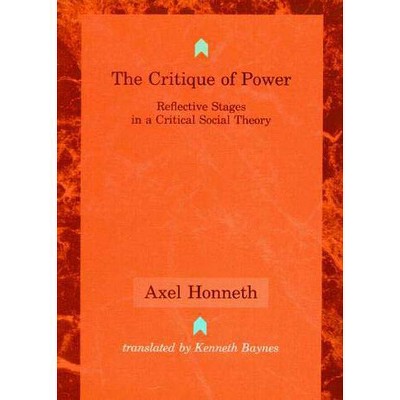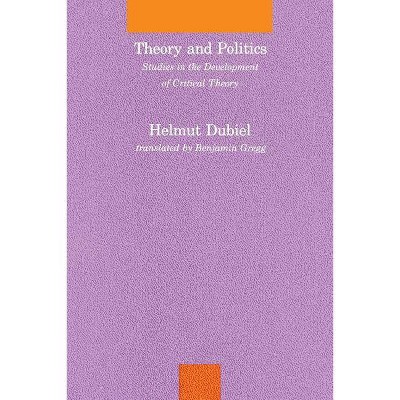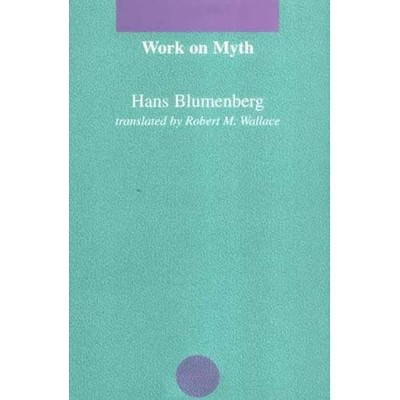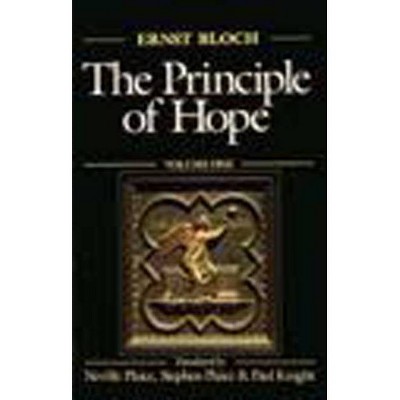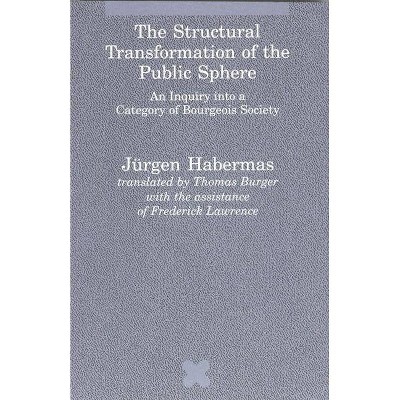The Crisis of Parliamentary Democracy - (Studies in Contemporary German Social Thought) by Carl Schmitt (Paperback)

Similar Products
Products of same category from the store
AllProduct info
<p/><br></br><p><b> About the Book </b></p></br></br><i>The Crisis of Parliamentary Democracy</i> offers a powerful criticism of the inconsistencies of representative democracy.<p/><br></br><p><b> Book Synopsis </b></p></br></br><b><i>The Crisis of Parliamentary Democracy</i> offers a powerful criticism of the inconsistencies of representative democracy.</b><p>Described both as the Hobbes of our age and as the philosophical godfather of Nazism, Carl Schmitt was a brilliant and controversial political theorist whose doctrine of political leadership and critique of liberal democratic ideals distinguish him as one of the most original contributors to modern political theory. <i>The Crisis of Parliamentary Democracy</i> offers a powerful criticism of the inconsistencies of representative democracy. First published in 1923, it has often been viewed as an attempt to destroy parliamentarism; in fact, it was Schmitt's attempt to defend the Weimar constitution. The introduction to this new translation places the book in proper historical context and provides a useful guide to several aspects of Weimar political culture. <i>The Crisis of Parliamentary Democracy</i> is included in the series Studies in Contemporary German Social Thought, edited by Thomas McCarthy.</p><p/><br></br><p><b> Review Quotes </b></p></br></br><br>Today what Carl Schmitt has to say against the 'universal significance of the belief in discussion' is once again relevant. Here his criticisms penetrate the heart of Western rationalism.--<b>Jurgen Habermas</b>, <i>The Times Literary Supplement</i>--<br>
Price History
Price Archive shows prices from various stores, lets you see history and find the cheapest. There is no actual sale on the website. For all support, inquiry and suggestion messagescommunication@pricearchive.us

